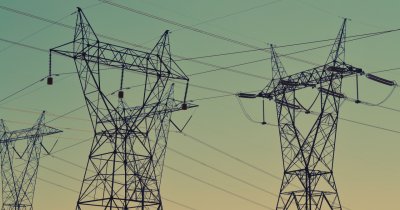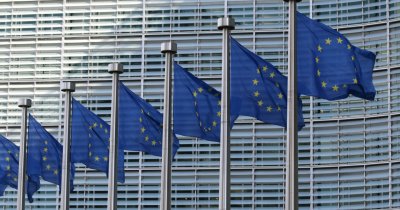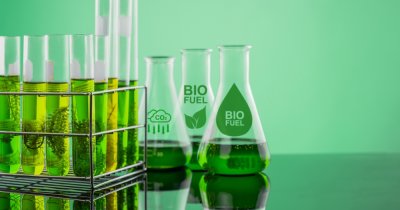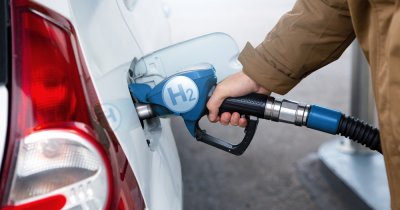As per eFuel Alliance, "eFuels are produced with electricity from renewable sources, water and CO2 and are a sustainable alternative to fossil fuels. eFuels can be used in existing infrastructure and thus decisively and affordably reduce CO2 emissions in the transport and heating market – all the way to climate neutrality."
Despite some environmentalists not being happy with the compromise, it seems that representatives from the EU countries have finally agreed to allow e-fuels to power vehicles from 2035 onwards, alongside battery and hydrogen.
Reuters now reports that with the approval of the EU countries' energy ministers, the law can now enter into force.
This means that new cars sold in the EU should have 55% reduced CO2 emissions from 2030 compared to 2021 levels and they should be net-zero starting 2035. ICE-powered cars can still be sold brand-new from the middle of the next decade if they are to be fueled with e-fuels, a requirement coming from German officials.
German transport minister Volker Wissing said that this exemption will "open up important options for the population towards climate-neutral and affordable mobility".
The European Commission will add new rules for e-fuels compatible vehicles this fall, such as the fact that they should stop working if they are fueled with regular gasoline or diesel.
Poland was the only country who opposed this law, while Bulgaria, Italy and Romania abstained from voting.
E-fuels are not yet produced at scale and they are fairly expensive to manufacture, which is why some industry members and officials are worried about this approach.
Spanish energy minister Teresa Ribera added that "as a matter of principle, we don't like this approach. We think it is not fair."
 Mihai - Cristian Ioniță
Mihai - Cristian Ioniță












Any thoughts?